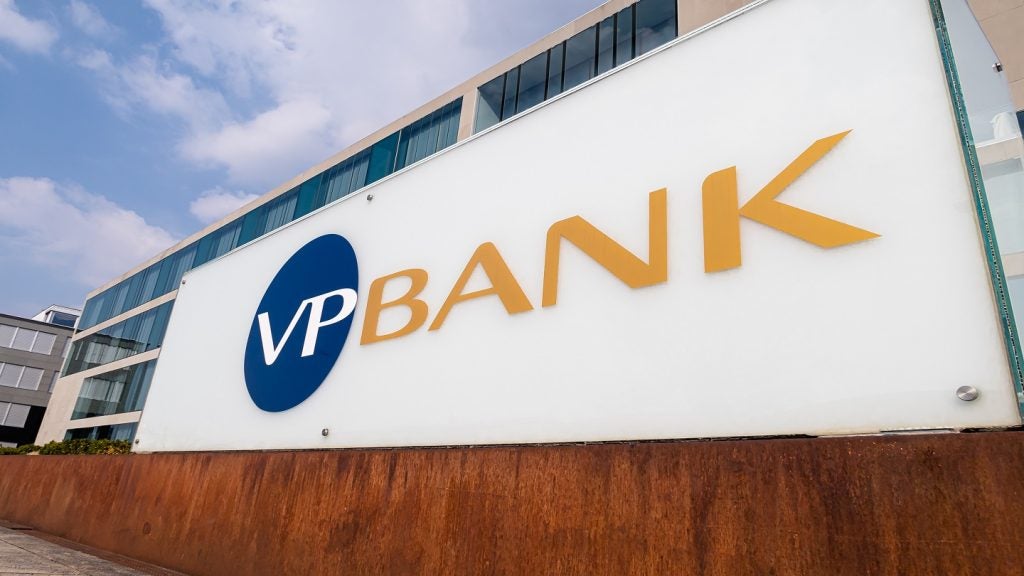 Private banks are bracing for a second wave of asset flows
Private banks are bracing for a second wave of asset flows
as clients receive end-of-year portfolio statements and the dust
starts to settle following the financial crisis.
Clients typically review their investment
performance and priorities in January, making the start of the year
a busy time for wealth managers. In early 2010, the industry is
expecting more upheaval as clients that moved money around during
the financial crisis re-evaluate.
At the height of the turmoil in the third and
fourth quarters of 2008, it is estimated as much as 20 percent of
all private banking assets under management moved from one bank to
another in the ultra high net worth segment ($20 million and
above).
“In the first wave, some people moved, but
others stayed put as it wasn’t very clear whether you were moving
from the frying pan into the fire,” said Ian Woodhouse, an
independent wealth consultant.
“Now, because a lot has happened with high
profile merger and acquisitions among the banks, there’s a second
wave of movement, with clients switching provider. That is also
being driven by advisers who are moving banks following year-end
bonus discussions and taking clients to their new
institutions.”
Gut-wrenching shocks
Clients were cautious for much of
2009, according to David Poole, head of Citi’s UK private bank.
This meant they tended to spread their funds around a number of
different banks.
“Clients, when in defensive mode, tend to
multi-bank to a greater degree and the converse is true as markets
improve,” Poole told Private Banker International. “Consequently,
we expect to benefit from this consolidation as it occurs, with
flows returning from other banks but also independent boutiques,
multi family offices and fund houses.”
There is a feeling among clients that the
worst of the “gut-wrenching shocks” of the financial crisis are now
over, according to Eric Barnett, CEO at UK private bank SG
Hambros.
Barnett said 2010 was expected to be
recessionary, with low economic activity, and that this in itself
would be a reason for clients to reassess their investments and
providers.
“Even in normal times, I think the end of one
year is a cause for reassessment of clients’ arrangements, and
given the period we have just come through, this can only be more
likely this year, although we have not specifically noticed it
ourselves yet,” said Barnett.
In Singapore, some clients were hit so hard by
the financial crisis that they fell below the thresholds many
private banks in the region are willing to offer service, according
to Anthonia Hui (pictured), founder of AL Wealth Partners, an
advisory boutique in Singapore.
“Asian clients that have been burned badly by
the financial crisis, especially those that have been sold a lot of
structured products by bankers in the past two years, will be very
conscientiously looking at their statement – but they have no means
to fix the problem, and are still stuck with many of these bad
investments,” she said.
Hui added many of these investors had returned
to using products like accumulators to speculate on equities and
structured products, despite making big losses on them during the
fourth quarter of 2008.
“It proves that investors never learn their
lesson,” she said.
Private banks in the region are also
positioning themselves differently as winners and losers from the
crisis emerge. Credit Suisse (CS) has raised its client threshold
from $1 million to $3 million in Asia-Pacific because of the inflow
of funds it has benefited from. Net new money at CS increased at an
annualised pace of 22 percent in the first six months of 2009 and
the bank has taken the opportunity to cherry-pick clients in the
region.
PBI understands from a Hong Kong-based source
that banks including JPMorgan, Goldman Sachs and Morgan Stanley
have been losing market share in the region and have unofficially
reduced their thresholds from $5 million to $1 million in an
attempt to gain more business.
Significant asset flows are not expected in
all private banking markets though.
Flavio Souza, head of Itaú-Unibanco, Brazil’s
largest private bank, said that while the start of the New Year was
often a time of discussions with clients over performance, it was
unlikely to coincide with a widespread transfer of funds in the
region.
“This year is very much the same as previous
years,” Souza said. “I believe we will see more shift of funds
between banks, but no different from the activity of previous
years. We need to consider that last year the performance of most
asset classes was positive and the overall return of client
portfolios were good.”
The main activity at Itaú-Unibanco will be
rebalancing portfolios based on different expectations for 2010, he
said.







